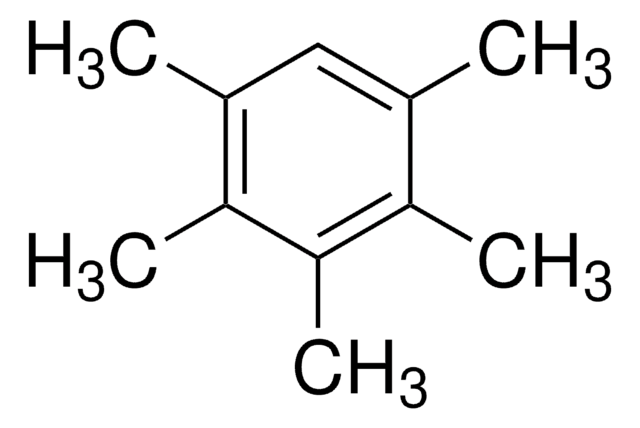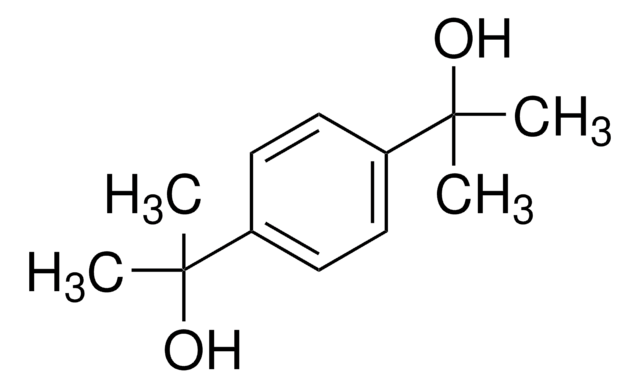113263
1,3-Diisopropylbenzene
96%
Synonym(s):
3-Isopropylcumene
About This Item
Recommended Products
Quality Level
Assay
96%
autoignition temp.
840 °F
impurities
<5% 1,2 and 1,4- isomer
refractive index
n20/D 1.488 (lit.)
bp
203 °C (lit.)
mp
−63 °C (lit.)
density
0.856 g/mL at 25 °C (lit.)
SMILES string
CC(C)c1cccc(c1)C(C)C
InChI
1S/C12H18/c1-9(2)11-6-5-7-12(8-11)10(3)4/h5-10H,1-4H3
InChI key
UNEATYXSUBPPKP-UHFFFAOYSA-N
Gene Information
human ... GABRA1(2554)
Looking for similar products? Visit Product Comparison Guide
General description
Application
Storage Class Code
10 - Combustible liquids
WGK
WGK 2
Flash Point(F)
170.6 °F - closed cup
Flash Point(C)
77 °C - closed cup
Personal Protective Equipment
Certificates of Analysis (COA)
Search for Certificates of Analysis (COA) by entering the products Lot/Batch Number. Lot and Batch Numbers can be found on a product’s label following the words ‘Lot’ or ‘Batch’.
Already Own This Product?
Find documentation for the products that you have recently purchased in the Document Library.
Customers Also Viewed
Our team of scientists has experience in all areas of research including Life Science, Material Science, Chemical Synthesis, Chromatography, Analytical and many others.
Contact Technical Service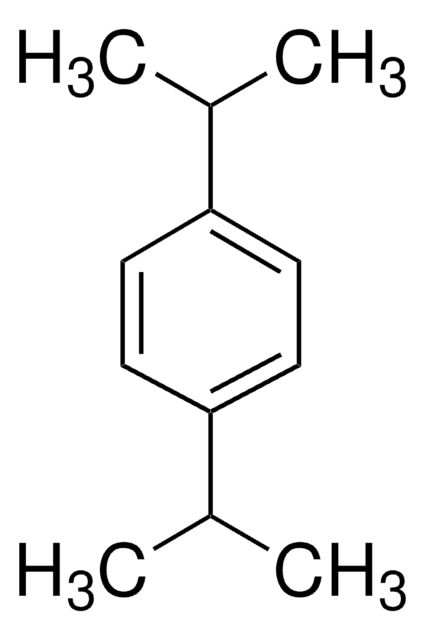
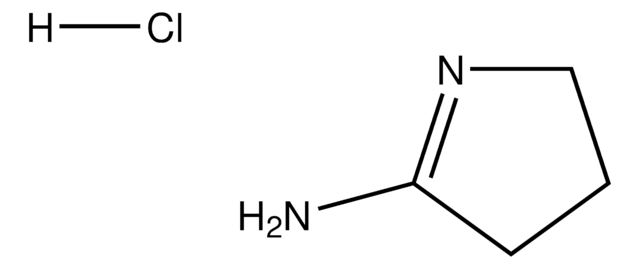

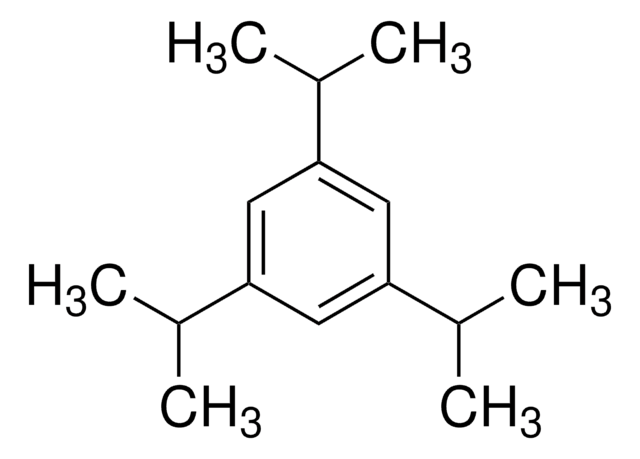





![Bicyclo[2.2.1]hept-2-ene 99%](/deepweb/assets/sigmaaldrich/product/structures/270/492/95fd4909-6108-4858-8c94-609b54387149/640/95fd4909-6108-4858-8c94-609b54387149.png)
